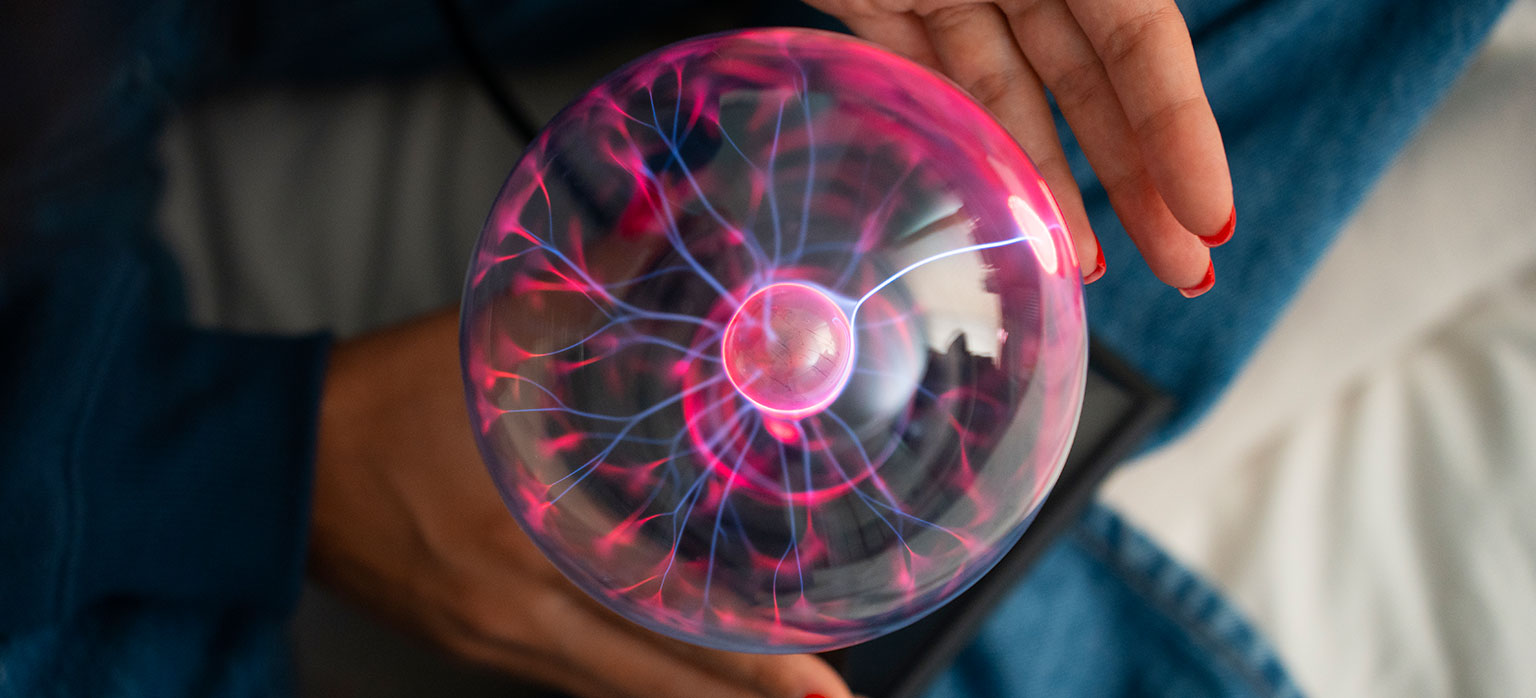Introduction
Quantum sensing is set to transform various industries by providing unprecedented levels of precision in measurement. With its ability to offer superior sensitivity and accuracy, quantum sensing is evolving how we detect and analyze physical properties, making it a game-changer in fields ranging from healthcare to environmental monitoring.
Understanding Quantum Sensing
What is Quantum Sensing?
Quantum sensing leverages the principles of quantum mechanics to measure physical quantities with exceptional precision. Unlike classical measurement techniques, which rely on macroscopic systems, quantum sensing uses quantum systems—such as atoms, ions, and photons—to achieve higher levels of sensitivity and accuracy.
How Quantum Sensing Works
Quantum sensing operates by exploiting the quantum properties of particles, such as superposition and entanglement, to detect minute changes in physical conditions. These sensors can measure tiny variations in magnetic fields, gravitational forces, or time, offering a significant advantage over traditional methods.
Advantages of Quantum Sensing
Unprecedented Sensitivity
Quantum sensors can detect extremely subtle signals, making them invaluable in applications where precision is critical. For example, they can sense changes in magnetic fields at levels that are impossible for classical sensors to achieve.
Improved Accuracy
The accuracy provided by quantum sensors surpasses that of classical sensors, enabling more precise measurements. This is particularly important in fields like navigation and timekeeping, where even the slightest inaccuracies can have significant consequences.
Broader Range of Applications
Quantum sensing is not limited to a single field but has applications across a wide range of industries. From healthcare, where it enhances medical imaging and diagnostics, to environmental monitoring, where it aids in tracking climate change and pollution, quantum sensing offers versatile solutions.
Quantum Sensing Technologies
Atomic Clocks
Atomic clocks, which rely on quantum principles, are essential for precision timekeeping and navigation. They are the most accurate timekeeping devices available and are crucial for GPS technology and global communications.
Magnetometers
Quantum magnetometers are used to measure magnetic fields with extraordinary precision. These devices are vital in areas like geology, where they help detect mineral deposits, and medicine, where they improve imaging techniques.
Accelerometers
Quantum accelerometers are key components in navigation systems and inertial sensors. They offer precise measurements of acceleration, which is critical for accurate positioning in various applications, including aerospace and defense.
Real-World Applications of Quantum Sensing
Healthcare
Quantum sensors are revolutionizing medical imaging and diagnostics. They enable the detection of diseases at much earlier stages and contribute to the development of new drugs by providing precise measurements of molecular interactions.
Materials Science
In materials science, quantum sensing is used for the characterization and development of new materials. These sensors provide insights into the properties of materials at the atomic level, leading to advancements in technology and industry.
Environmental Monitoring
Quantum sensors play a crucial role in monitoring environmental changes, such as pollution levels and climate shifts. Their high sensitivity allows for the detection of minute changes in natural resources, helping to protect the environment.
Challenges and Future Prospects
Technical Challenges
Despite its potential, quantum sensing faces critical technical challenges, including the need for extremely controlled environments and the difficulty of integrating quantum sensors into existing technologies.
Future Trends
The future of quantum sensing is bright, with ongoing research focusing on overcoming current limitations and expanding its applications. As technology advances, we can expect to see quantum sensing integrated into more industries, further enhancing its impact.
Conclusion
Quantum sensing is set to revolutionize precision measurement across a wide range of industries, offering unprecedented sensitivity and accuracy. As we continue to explore its potential, quantum sensing will play an increasingly vital role in advancing technology and improving our understanding of the world. INA Solutions is at the forefront of integrating these cutting-edge technologies, helping businesses unlock new possibilities with quantum sensing.




